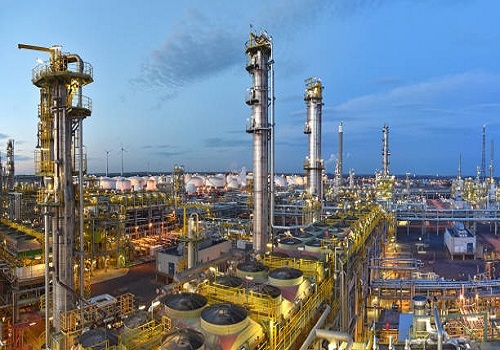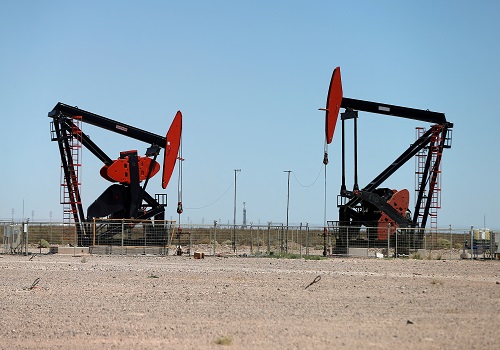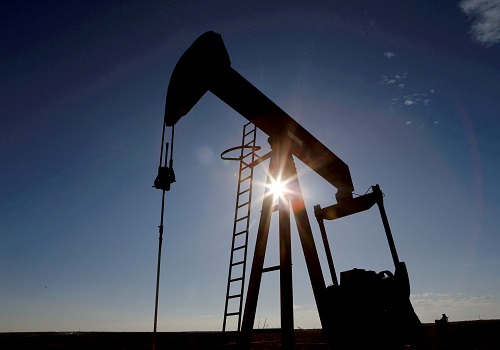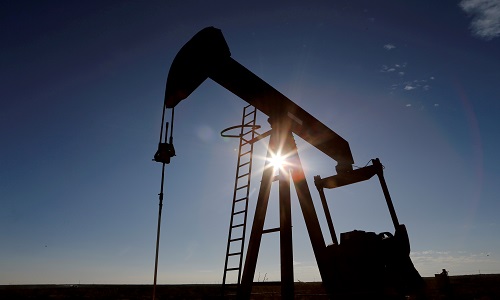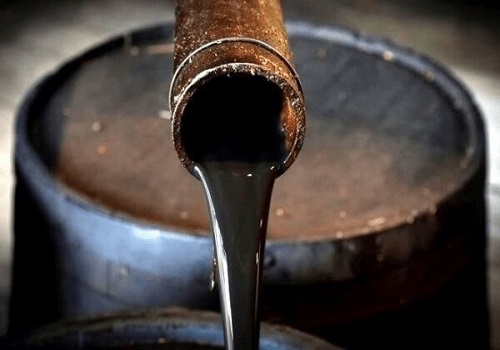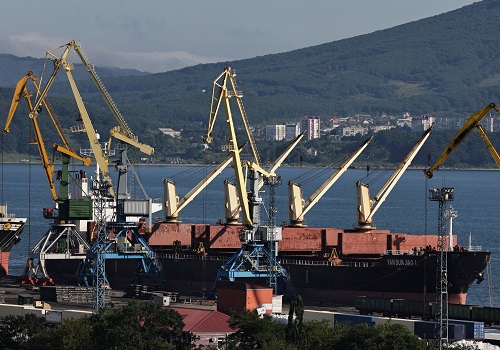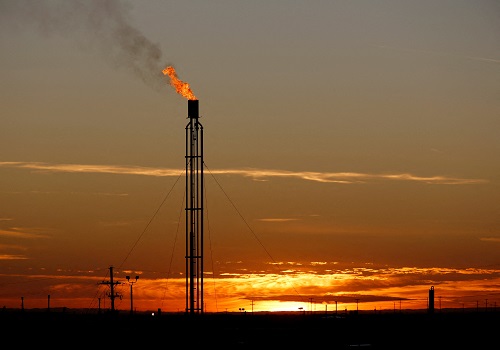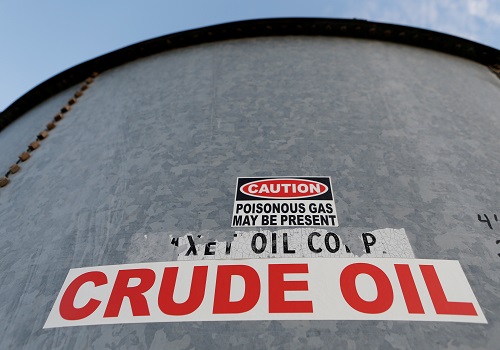Oil gains on tight supply as U.S. driving season looms
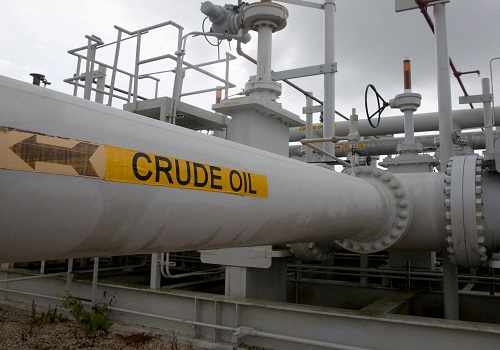
Follow us Now on Telegram ! Get daily 10 - 12 important updates on Business, Finance and Investment. Join our Telegram Channel
LONDON - Oil prices rose slightly on Monday, supported by U.S. fuel demand, tight supply and a lack of progress towards a European ban on Russian oil, as Shanghai prepares to reopen after a two-month coronavirus lockdown that fuelled economic growth fears.
Extending last week's small gains, Brent crude futures rose 53 cents, or 0.5%, to $113.08 a barrel by 1345 GMT while U.S. West Texas Intermediate (WTI) crude 34 cents, or 0.3%, to $110.62.
"Oil prices are supported as gasoline markets remain tight amid solid demand heading into the peak U.S. driving season," said SPI Asset Management Managing Partner Stephen Innes.
"Refineries are typically in ramp-up mode to feed U.S. drivers' unquenching thirst at the pump."
The U.S. peak driving season traditionally begins on Memorial Day weekend at the end of May and ends on Labor Day in September.
Despite fears over soaring fuel prices potentially denting demand, analysts said that mobility data from TomTom and Google had climbed in recent weeks, showing more people were on the roads in places such as the United States.
Meanwhile, Hungary continues to hold out against a proposed European Union ban on Russian oil imports over its invasion of Ukraine, ensuring no sudden shock to supply for now.
Market gains have been also been capped by concerns about China's efforts to crush COVID-19 with lockdowns, even with Shanghai due to reopen on June 1.
Lockdowns in China, the world's top oil importer, have hammered industrial output and construction, prompting moves to prop up the economy, including a bigger than expected mortgage rate cut last Friday.
"The persistent squeeze in refined petroleum products in the U.S. and ever-present Ukraine/Russia risk underpinned prices, with China slowdown and U.S. recession noise limiting gains," said Jeffrey Halley, a senior market analyst at OANDA.
The European Union's inability to reach a final agreement on banning Russian oil after its invasion of Ukraine, which Moscow calls a "special operation", has also stopped oil prices from climbing much higher.














